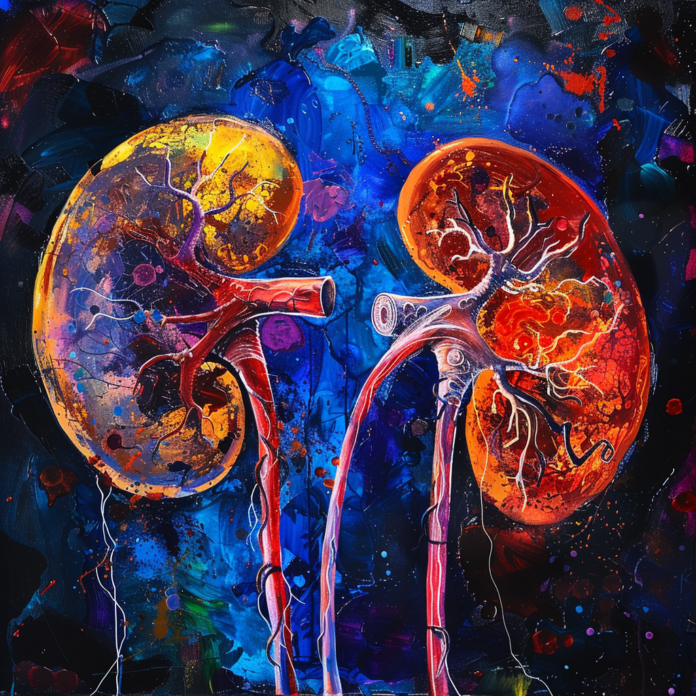About 20% of Black Americans have Chronic Kidney Disease. Once it is diagnosed, the condition is not reversible. However, it is possible to slow the progression of chronic kidney disease (CKD). Those living with the condition can improve their outcome through close monitoring by working alongside their doctor and committing to lifestyle changes.
What is CKD?
CKD is a condition in which the kidneys are damaged and cannot filter blood as well as they should. In the early stages of the disease, most people do not have symptoms. But as kidney disease gets worse—which is why it’s called “chronic”—wastes can build up in your blood and make you feel sick.
Risk Factors
Certain conditions may increase your risk for CKD:
- Diabetes
- Hypertension
- Heart disease (heart failure)
- Obesity
- Being over age 60
- A history of smoking
- A kidney injury
- Family history of kidney disease
Side Effects
Those with CKD may develop other problems, like high blood pressure, anemia, weak bones, poor nutritional health, and nerve damage. Because kidneys are vital to so many of the body’s functions, kidney disease also increases your risk of having heart and blood vessel disease.
While these problems may happen slowly and without symptoms, they can lead to kidney failure, which can appear without warning. Once kidneys fail, dialysis or a kidney transplant is needed to stay alive.
Diagnosis
The only way to find out for sure if you have CKD is through specific blood and urine tests. These tests include measurement of both the creatinine level in the blood and protein in the urine.
Take a Proactive Approach
It’s critical for patients living with CKD to be proactive about their health and well-being. This includes being aware of things that they can do to improve the function of their kidneys and prevent disease progression and putting them into practice. Additionally, staying in tune with their body and monitoring for early signs of change is also important.
Several medications may be prescribed to manage CKD. Many patients take regular medication to control blood pressure, blood glucose, and cholesterol to reduce the risk of disease progression. It is important that patients take the medications as prescribed regularly to get the most benefit.
Patients with CKD should also inform all health professionals involved in their healthcare that they are affected by CKD. This is because it can affect treatment decisions for other conditions and could have adverse effects if they are unaware of the specific circumstances.
Make Lifestyle Modifications
It is recommended that people get at least 30 minutes of low—to moderate-intensity activity daily, such as walking or cycling.
Clinical trials can also be considered. There are fewer clinical trials conducted in nephrology, which focuses on the diagnosis and treatment of diseases of the kidney, than in any other specialty, experts say.
CKD trials like this one from AstraZeneca will build the evidence base to improve outcomes for people with the disease
A Few Kidney-Friendly Tips:
- Keep your blood pressure below 140/90 mm Hg (or the target your doctor establishes for you).
- If you have diabetes, stay in your target blood sugar range as much as possible.
- Get active—physical activity helps control blood pressure and blood sugar levels.
- Lose weight if you’re overweight.
- Get tested for CKD regularly if you’re at risk.
- If you have CKD, meet with a dietician to create a kidney-healthy eating plan. The plan may need to change as you get older or if your health status changes.
- Take medications as instructed, and ask your doctor about blood pressure medicines that may protect your kidneys and lower blood pressure.
- If you smoke, quit. Smoking can worsen kidney disease and interfere with medication that lowers blood pressure.
- Include a kidney doctor (nephrologist) on your healthcare team.
*Centers for Disease Control and Prevention






